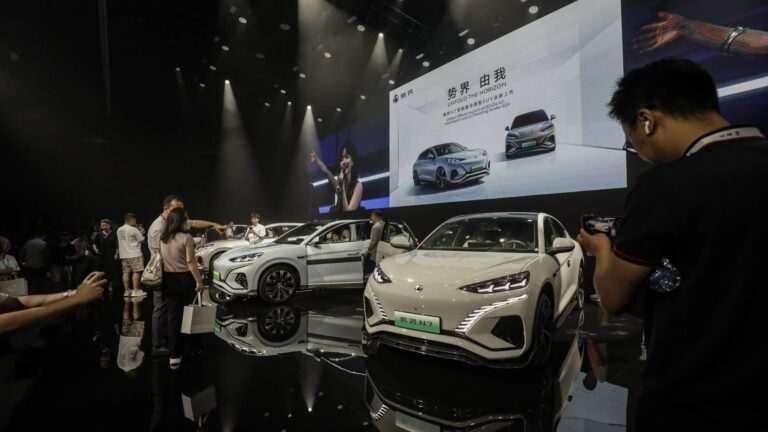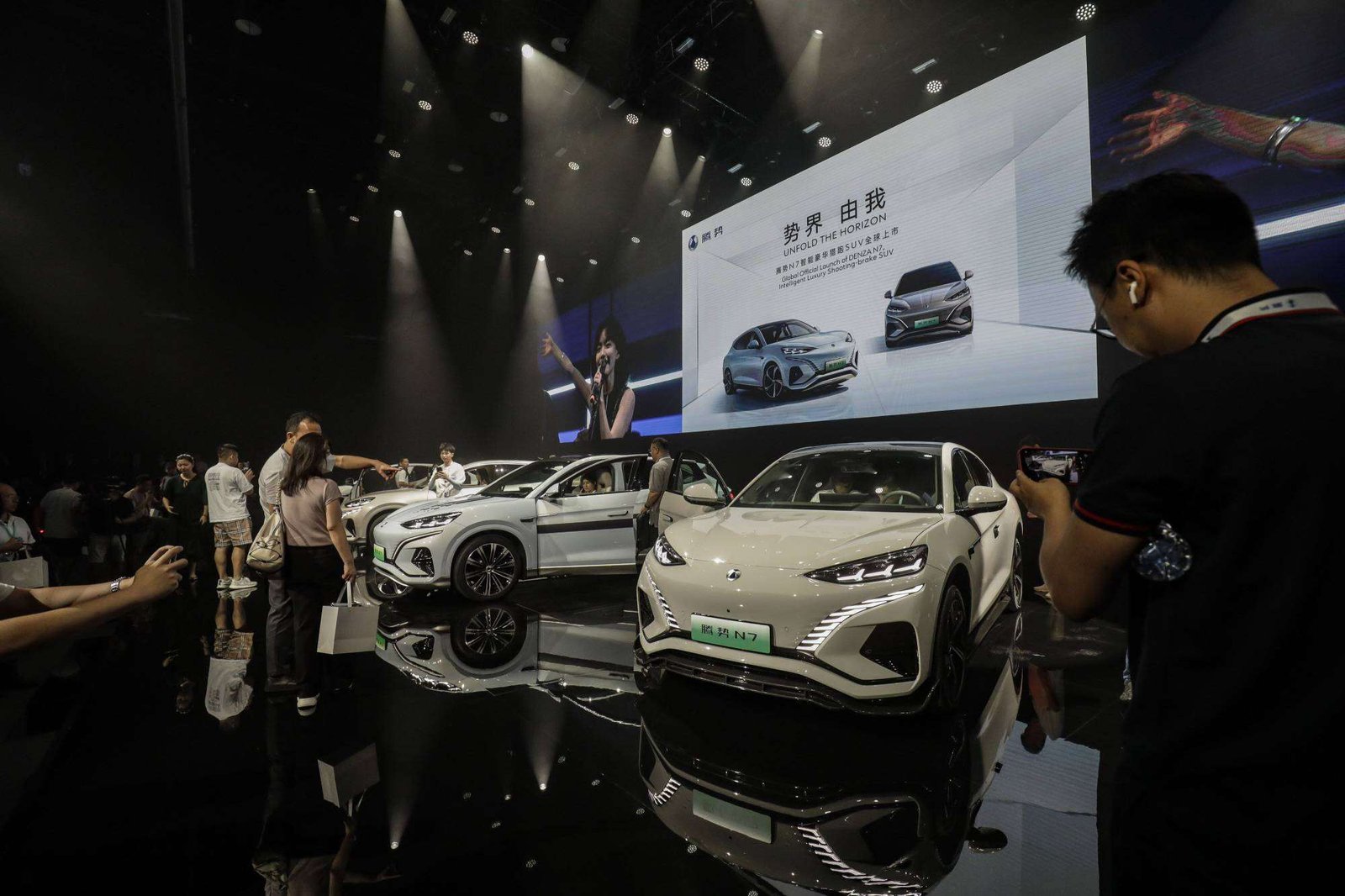Bangkok—The landscape of Thailand’s automotive industry is undergoing a significant transformation. Long dominated by Japanese manufacturers, the market is now seeing the rise of Chinese electric vehicle (EV) makers, challenging the established order.
Siam Motors, a cornerstone of Thailand’s economic growth since its partnership with Nissan in 1962, exemplifies this shift. The company’s Vice President, Sebastien Dupuy, reveals that Siam Motors is exploring new alliances with several Chinese automakers, focusing particularly on high-end electric vehicles. This strategic pivot underscores the evolving dynamics within Thailand’s automotive market.
For decades, Japan’s automotive industry has maintained a stronghold in Thailand, with companies like Toyota and Honda leading the market. Japanese cars have been synonymous with reliability and quality, securing consumer loyalty and significant market share. However, the rapid advancement of Chinese EV technology and the increasing demand for environmentally friendly transportation solutions are altering the competitive landscape.
China’s EV industry has grown exponentially, fueled by substantial government support and technological innovation. Companies like BYD, NIO, and Xpeng are not only dominating their domestic market but are also aggressively expanding their global footprint. In Thailand, Chinese automakers see a lucrative opportunity to establish a strong presence, leveraging their advanced EV technologies and competitive pricing.
Sebastien Dupuy of Siam Motors acknowledges this shift, highlighting that Chinese electric vehicles offer a compelling value proposition. “The collaboration with Chinese EV manufacturers is driven by the need to stay competitive and meet the rising demand for electric vehicles in Thailand,” Dupuy states. “We are witnessing a significant interest in high-end electric vehicles, and Chinese automakers have proven their capability to deliver on this front.”
This potential collaboration is not just about capturing market share; it reflects a broader trend of technological and economic realignment. As Thailand aims to become a regional hub for electric vehicle production, the government has introduced incentives to attract foreign investment in the EV sector. These policies align with global efforts to reduce carbon emissions and promote sustainable transportation.
Chinese automakers are well-positioned to capitalize on these incentives, bringing their expertise and investment to Thailand. The establishment of manufacturing plants, research and development centers, and local partnerships will not only boost Thailand’s economy but also create jobs and foster technological innovation.
The growing presence of Chinese EV manufacturers in Thailand also poses a strategic challenge to Japanese automakers. To maintain their dominance, Japanese companies must adapt to the changing market dynamics by accelerating their EV initiatives and enhancing their technological capabilities. Collaboration with local partners, investment in EV infrastructure, and the development of affordable and efficient electric vehicles will be crucial for Japanese automakers to sustain their leadership in Thailand.
Consumers, too, stand to benefit from this increased competition. The influx of Chinese electric vehicles will provide more choices, driving down prices and improving the overall quality of EV offerings in the market. As Thailand transitions to a greener and more sustainable transportation system, the collaboration between Siam Motors and Chinese EV manufacturers marks a pivotal moment in the country’s automotive history.
In conclusion, the automotive market in Thailand is at a crossroads. The traditional dominance of Japanese manufacturers is being challenged by the rapid rise of Chinese electric vehicle makers. Siam Motors’ potential alliances with Chinese automakers symbolize this shift, reflecting the broader trends of technological innovation and economic realignment. As Thailand positions itself as a regional hub for electric vehicle production, the collaboration between local and Chinese companies will play a critical role in shaping the future of the country’s automotive industry.

